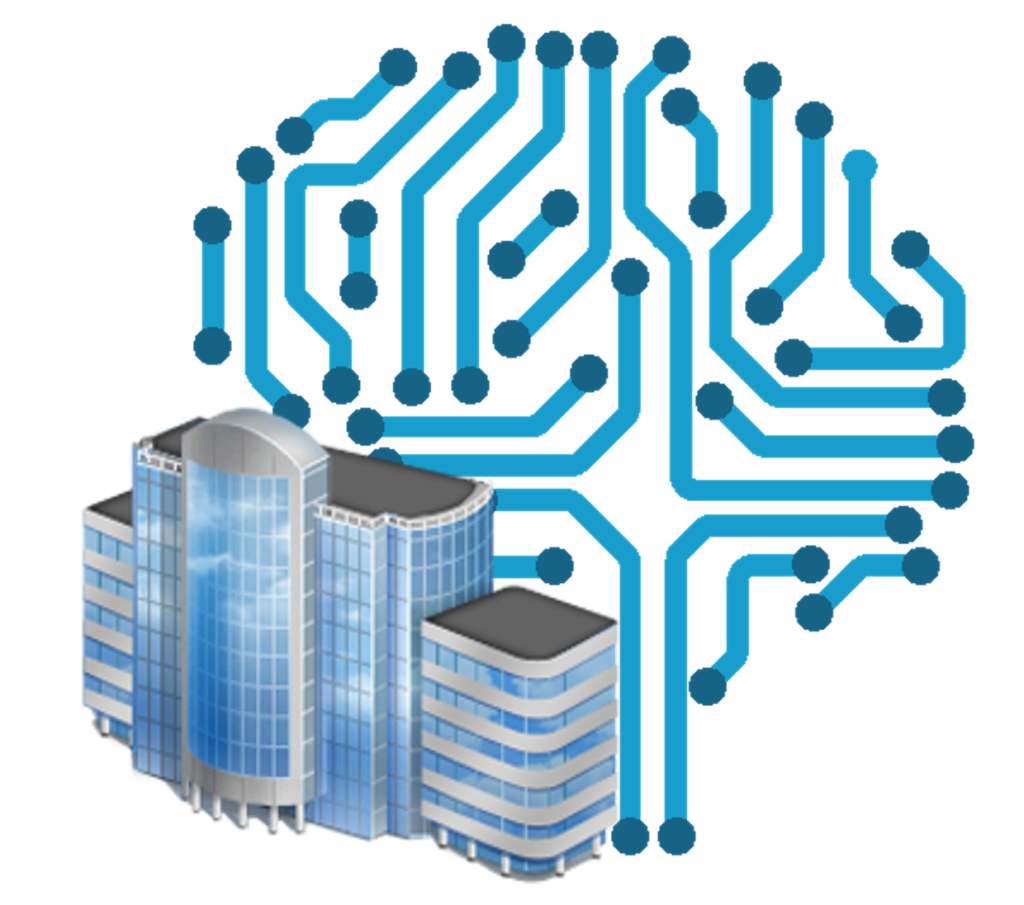Despite concerns about the emergence of an amoral (or worse, evil) artificial intelligence (AI) system bent on enslaving or destroying humankind, the truth is many businesses and individuals already benefit from using AI systems and many more will benefit in the decades to come. David Howell writes, “Using artificial intelligence (AI) in your business may not be something that is on your agenda, but the chances are you may have already begun to use AI without even knowing it.”[1] John Dodge (@Thedodgeretort) adds, “After a long winter frozen in the technological permafrost, it’s springtime again in the field of artificial intelligence. A.I. is poised to take off in 2016 as enterprises begin figuring some element of it into their application portfolios. By 2018, artificial intelligence will be incorporated into about half of all apps developed, according to research firm IDC, and by 2020, savings fueled by A.I. — in reduced people costs and increased workflow efficiencies, for example — are expected to total an estimated $60 billion for U.S. enterprises.”[2]
Unconvinced that some form of AI is right for your business? Martha Heller (@marthaheller), President of Heller Search Associates, believes the time is ripe for your company to make the jump. “Sure,” she writes, “machine learning has already had a significant impact on the worlds of science and culture, and in life, but it will be years before CIOs need to start worrying about enterprise machine learning applications … right? No. That’s not true, according to Dan Olley, CTO of Elsevier, a global information solutions company. ‘If CIOs invested in machine learning three years ago, they would have wasted their money,’ Olley says. ‘But if they wait another three years, they will never catch up.'”[3] Machine learning is only one of the tools in the AI kit and I believe businesses should consider a more complete toolbox of capabilities — like those found in many cognitive computing systems. Accenture analysts agree with this conclusion. They assert cognitive computing will provide the “ultimate long-term solution” for many business challenges.[4]
The growing number of tools found in the AI kit means the number of ways artificial intelligence can benefit an enterprise is only limited by one’s imagination. Andrew Nichols, head of analytics at Tungsten Network, told Howell, “The possibilities it represents for businesses are endless, or at least further than the human eye can see.” Owen P. Hall, Jr., a Professor of Decision Sciences at Pepperdine University’s Graziado School of Business and Management, reports, “A new generation of artificial intelligence technologies have emerged that hold considerable promise in helping improve the forecasting process including such applications as product demand, employee turnover, cash flow, distribution requirements, manpower forecasting, and inventory. These AI based systems are designed to bridge the gap between the two traditional forecasting approaches: managerial and quantitative.”[5] Howell adds, “Certain areas of your business will feel the impact of AI first — whenever data needs to be analysed, AI is the perfect vehicle to achieve this. With companies collecting masses of information thanks mostly to social media, making sense of this information and finding value is perfect for an AI. Salesforce predicts that nearly 60% of business’ sales teams will increase their use of sales analytics this year.” If you haven’t considered how artificial intelligence could help your business, Sharon Fisher asserts, “There are three aspects about AI that could change the future of your business.”[6] They are:
1. Enhancing the human workforce. “The scale of information growth — driven by the pace of information change — has reached the point where humans simply cannot handle it without the aid of intelligent computers. … In the short term, AI will learn to do things like show us the social media posts we’ll find more interesting, but, in the longer term, machines with AI capabilities will offer users much more.”
2. Ease of use. “AI technologies, such as neural networks, are beginning to turn the corner and become more usable.” Cognitive computing systems are making it easier for non-technical people to use through the use of natural language processing and by embedding expertise in the software. For example, the Enterra Enterprise Cognitive System™ (ECS) — a system that can Sense, Think, Act, and Learn® — embeds subject matter expertise in the software. When we talk to clients who have an analytic problem, they typically have to assemble a team of three experts:
- A business domain expert — the customer of the analysis who can help explain the drivers behind data anomalies and outliers.
- A statistical expert — to help formulate the correct statistical studies. The business expert knows what they want to study, and the statistical expert knows what terms to use to help formulate the data in a way that will detect the desired phenomena.
- A data expert — the data expert who understands where and how to pull the data from across multiple databases or data feeds.
Because this kind of expertise is embedded in the software, a non-technical person can ask plain language questions and let the cognitive computing system figure out the best way to get an answer.
3. New approaches. Fisher notes, “Previously, we taught machines which rules to follow.” Today, algorithms allow machines to learn on their own and they are discovering insights and finding relationships that traditional approaches were incapable of uncovering. Susan Feldman (@susanfeldman), CEO of Syntexis Cognitive Computing Consortium, told participants at KMWorld 2015, “What are the problems that cognitive computing attacks? They’re the ones that we have left on the table because we can’t put them into neat rows and columns. They’re ambiguous. They’re unpredictable. They’re very human. There’s a lot of conflicting data. There’s no right and wrong, just best, better, and not such a good idea but maybe. This data requires exploration not searching. You just have to keep poking at it and shifting things around.”[7]
Howell concludes, “There is little doubt that AI will advance to the point where it can offer real-world advantages to all kinds of businesses — large and small.” I agree with Dan Olley that companies hesitating to explore how artificial intelligence can improve their business may find themselves in a game of catch up they cannot win. Dr. Jim Hendler, director of the Rensselaer Institute for Data Exploration and Application (IDEA), told Fisher, “The natural convergence of AI and big data is a crucial emerging technology space. Increasingly, big businesses will need the AI technology to overcome the challenges or handle the speed with which information is changing in the current business environment.”
Footnotes
[1] David Howell, “How artificial intelligence could transform your business,” TechRadar Pro, 5 March 2016.
[2] John Dodge, “Artificial intelligence in the enterprise: It’s on,” Computerworld, 10 February 2016.
[3] Martha Heller, “Why it’s time for CIOs to invest in machine learning,” CIO, 26 April 2016.
[4] “From Digitally Disrupted to Digital Disrupter,” Accenture, 2014.
[5] Owen P. Hall, Jr., “Artificial Intelligence Techniques Enhance Business Forecasts,” Graziado Business Review, 2002 Volume 5 Issue 2.
[6] Sharon Fisher, “How Artificial Intelligence Could Change Your Business,” Forbes, 30 June 2014.
[7] Susan Feldman, “Cognitive Computing and Knowledge Management: Sparking Innovation,” KMWorld, 5 February 2016.





